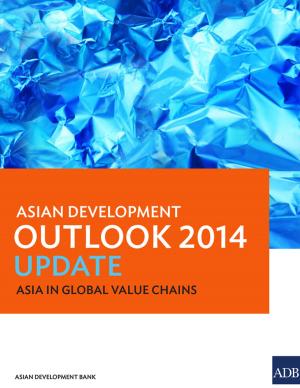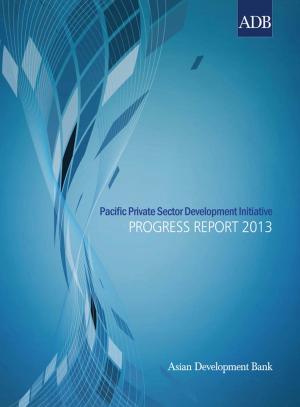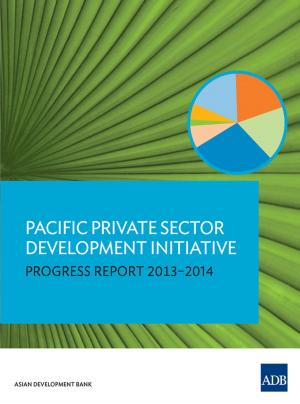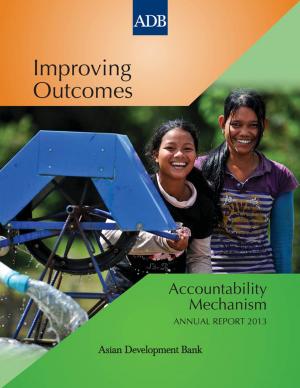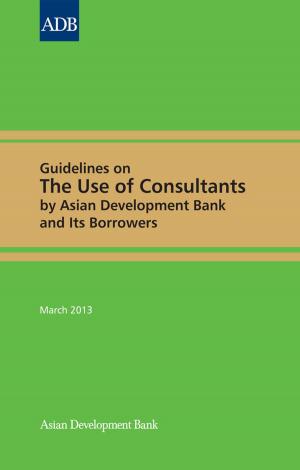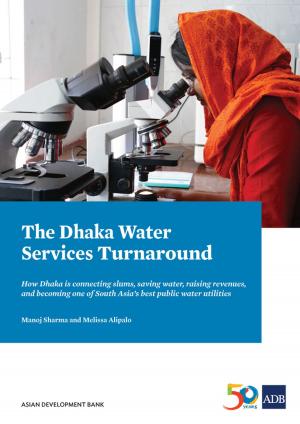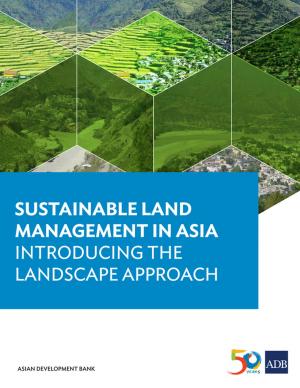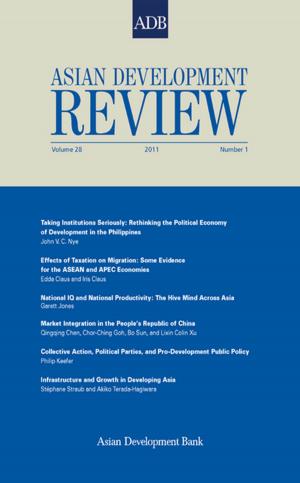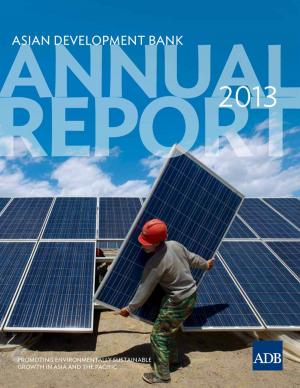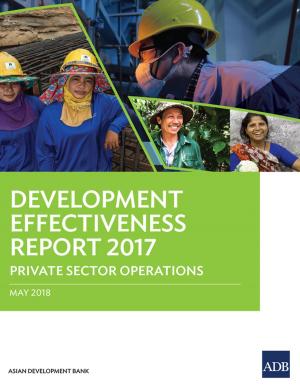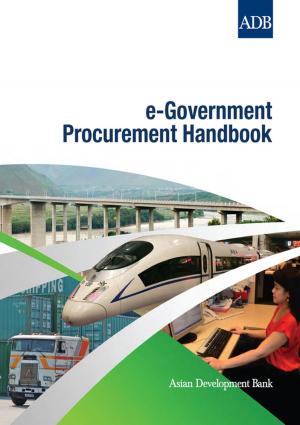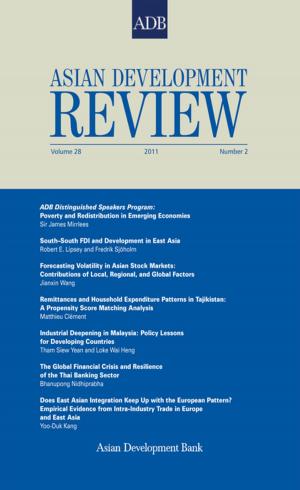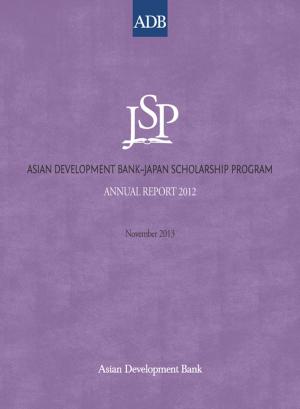Gender Equality Results Case Study
Bangladesh—Small and Medium-Sized Enterprise Development Project
Business & Finance, Finance & Investing, Finance, Nonfiction, Social & Cultural Studies, Social Science, Gender Studies| Author: | Asian Development Bank | ISBN: | 9789292549701 |
| Publisher: | Asian Development Bank | Publication: | June 1, 2015 |
| Imprint: | Asian Development Bank | Language: | English |
| Author: | Asian Development Bank |
| ISBN: | 9789292549701 |
| Publisher: | Asian Development Bank |
| Publication: | June 1, 2015 |
| Imprint: | Asian Development Bank |
| Language: | English |
Women owners of small and medium-sized enterprises (SMEs) have a great potential to contribute to economic growth and poverty reduction through employment creation and income generation. In Bangladesh, women-owned SMEs have different characteristics when compared with men-owned SMEs and tend to face specific challenges and obstacles. To capitalize on this potential, these challenges and constraints have to be addressed in initiatives that aim to support SME growth. The Small and Medium-Sized Enterprise Development Project supported the development and expansion of SMEs in Bangladesh from 2009 to 2013. In specific pilot districts, the number of women-owned SMEs increased by over 10%. The training of women SME owners in business development, accounting, loan application rules and processes, and in the regulations governing businesses facilitated their improved access to institutional finance. The formation of advocacy groups and membership in different associations enhanced the confidence of women SME owners and their ability to lobby for policy changes. Dialogue and relation building between participating financial institutions and women's SME associations helped foster mutual understanding and cooperation, leading to better outcomes for women-owned SMEs. Participating financial institution policies and products require further adaptation to meet the needs and circumstances of women-owned SMEs.
Women owners of small and medium-sized enterprises (SMEs) have a great potential to contribute to economic growth and poverty reduction through employment creation and income generation. In Bangladesh, women-owned SMEs have different characteristics when compared with men-owned SMEs and tend to face specific challenges and obstacles. To capitalize on this potential, these challenges and constraints have to be addressed in initiatives that aim to support SME growth. The Small and Medium-Sized Enterprise Development Project supported the development and expansion of SMEs in Bangladesh from 2009 to 2013. In specific pilot districts, the number of women-owned SMEs increased by over 10%. The training of women SME owners in business development, accounting, loan application rules and processes, and in the regulations governing businesses facilitated their improved access to institutional finance. The formation of advocacy groups and membership in different associations enhanced the confidence of women SME owners and their ability to lobby for policy changes. Dialogue and relation building between participating financial institutions and women's SME associations helped foster mutual understanding and cooperation, leading to better outcomes for women-owned SMEs. Participating financial institution policies and products require further adaptation to meet the needs and circumstances of women-owned SMEs.

